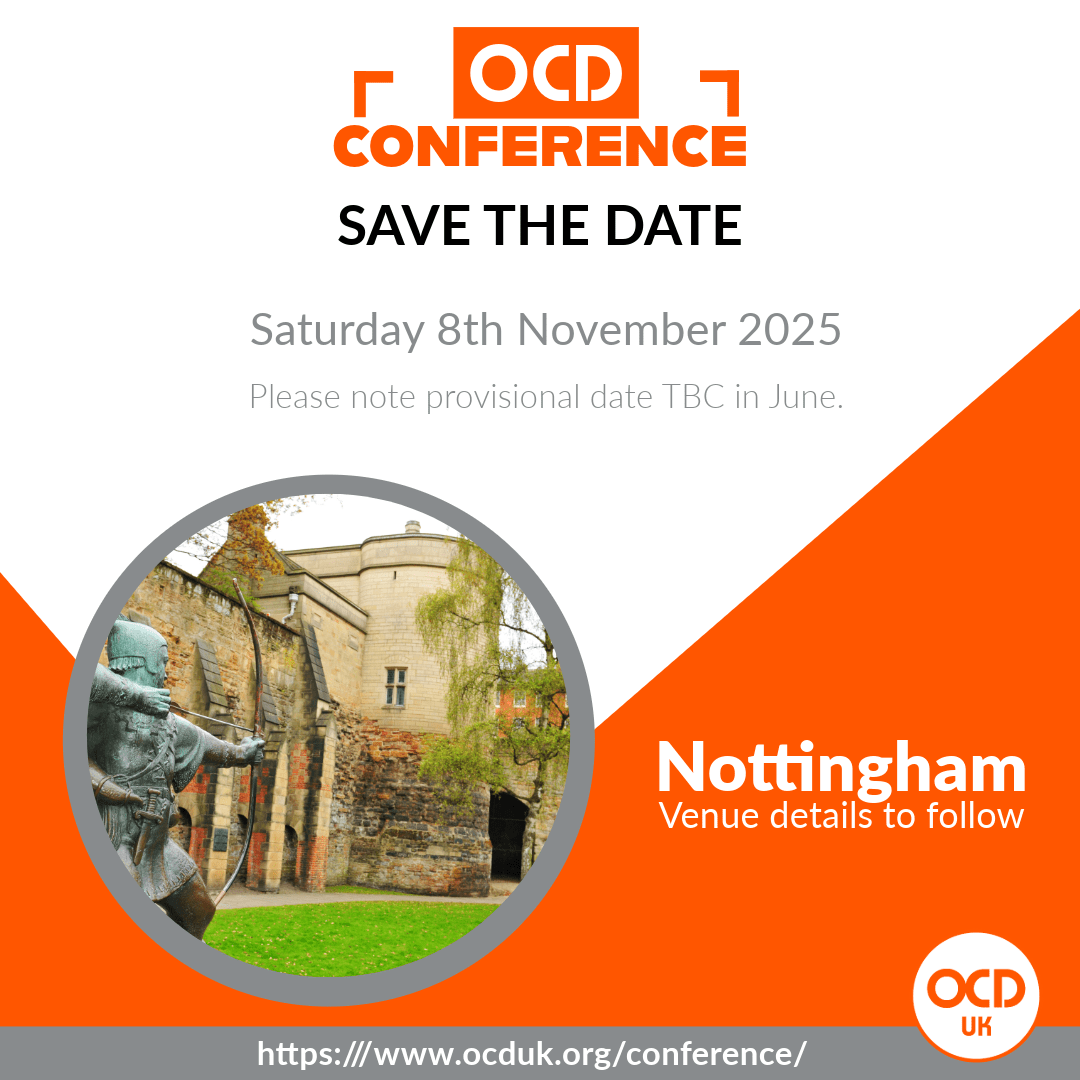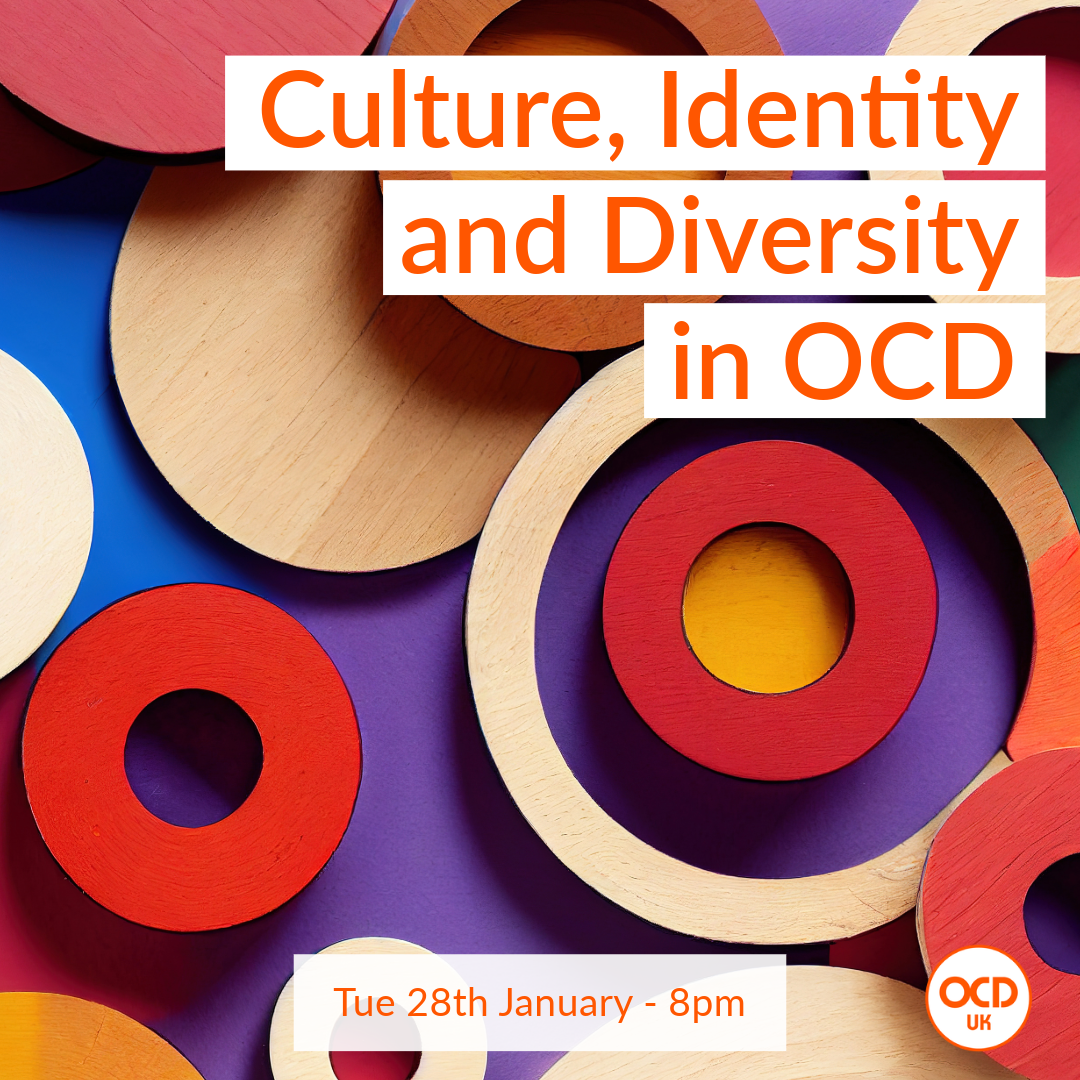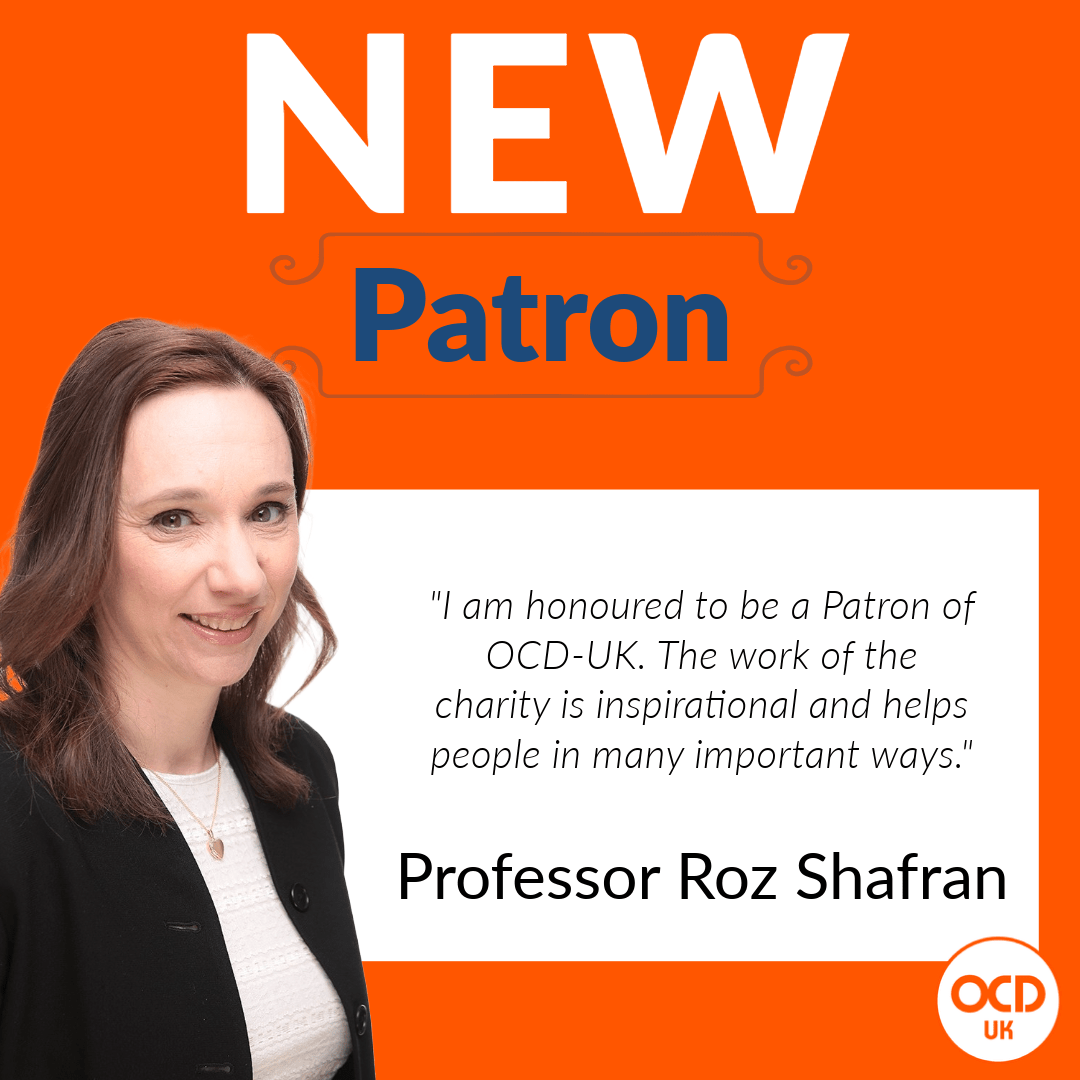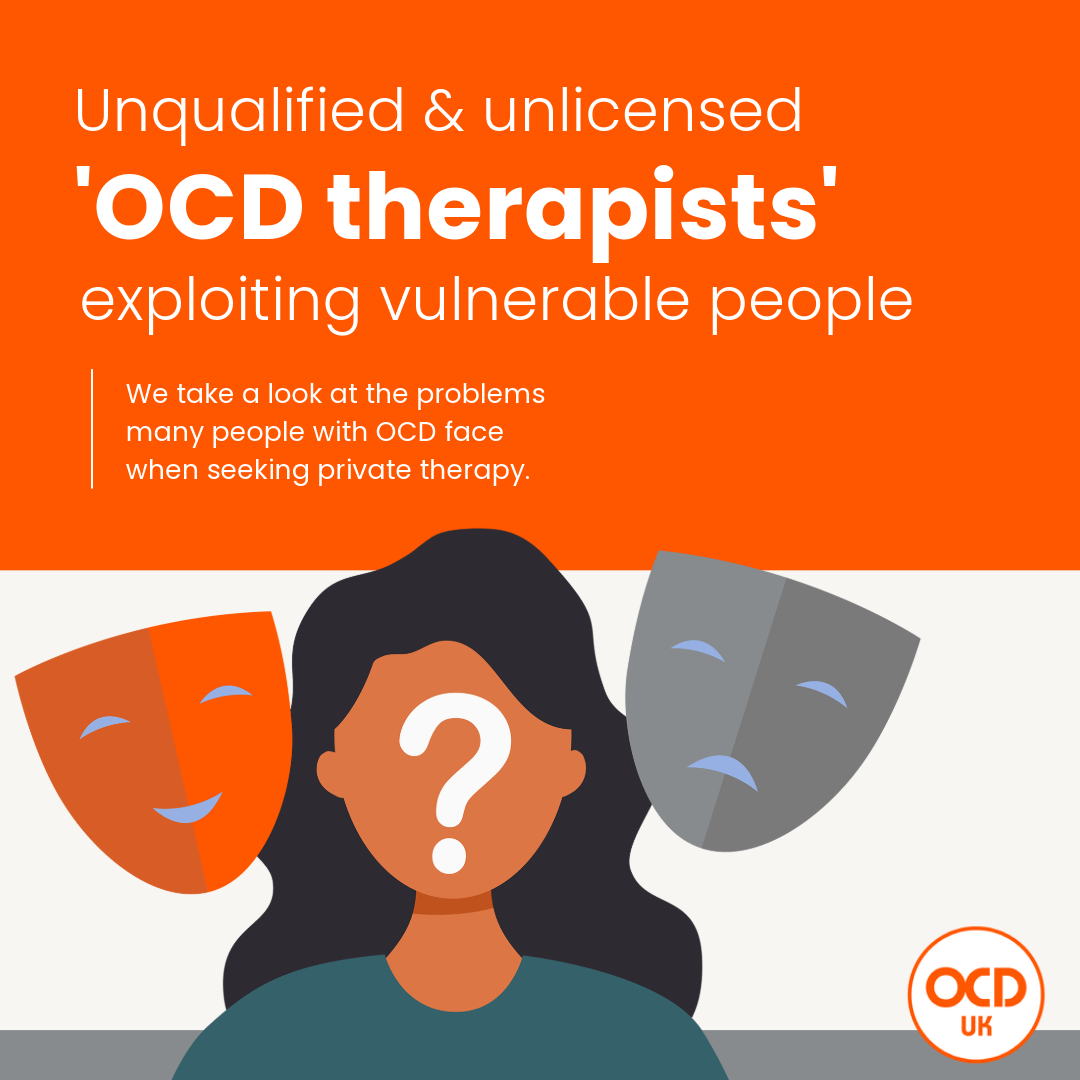Top tips - OCDUKYA Isabel
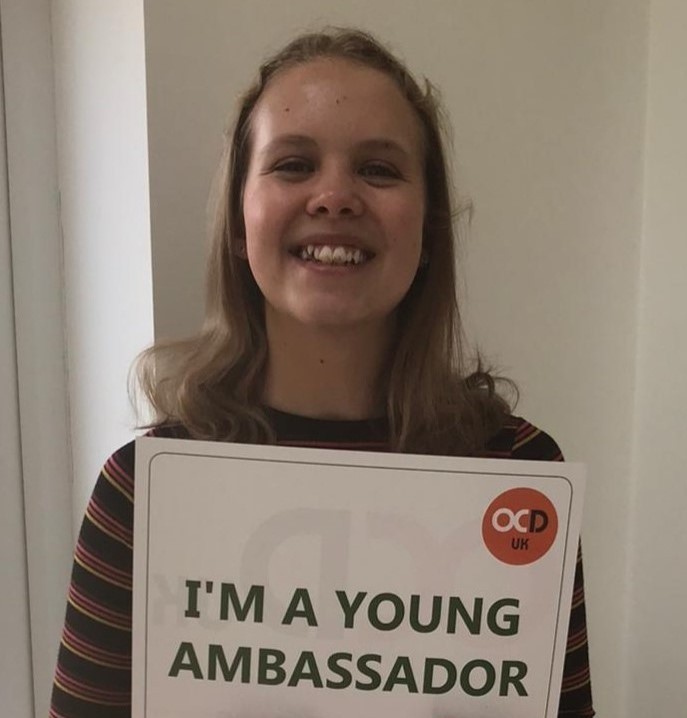
Top tips for the recently diagnosed:
1. Find out more about OCD. Many people think they know what OCD is due to the overuse of the term “I’m a bit OCD” so it’s important that you actually understand the causes and symptoms of your disorder as well as any ways of treating it. There are many websites that go into detail about OCD, including Mind, the NHS website and, of course, OCD-UK. Through doing this, you will be able to recognise “OCD thoughts” and challenge them before they become part of your life whilst also accepting that these thoughts are not abnormal.
2. Don’t be afraid to seek treatment early. Even if your symptoms are not bothering you enough to make you want to seek treatment, doing it early could stop the OCD spreading into other areas of your life. For example, my OCD started as constantly having to confess anything I had done wrong to my mum, but now my main concerns are contamination. If I had done something about the OCD earlier (as my mum had urged me to), I might never have had the worries that I’m having now. Treatment isn’t just going to see a doctor; there are so many self-help resources and books out there that you could try without having to talk to a professional, if you feel more nervous about doing that.
3. Be open about how you are struggling. One of the main reasons that OCD is misunderstood is because not enough people talk about what they are going through. Talking to someone will not only help you to get things out of your head and provide you with a person that can comfort you, it might even help someone else to open up about their mental health as well. This person doesn’t have to be related to you; you could talk to anyone that you feel comfortable with.
4. Don’t give up straight away. OCD is a bully. It’s going to make you want to give up and quit immediately but don’t let the bully win. If you let OCD get the better of you, it will only get worse. Think of someone constantly nagging you to do their homework … if you keep doing it for them, they will keep coming back and asking you to do more. I find the analogy of OCD being like a parrot on your shoulder quite helpful: it’s annoying, loud and won’t shut up!
5. Don’t be ashamed of your OCD. OCD is a disorder. It’s not your fault that you have it and it doesn’t show any weakness on your part. Michelle Obama once said: “Whether an illness affects your heart, your leg or your brain, it’s still an illness, and there should be no distinction.”
6. Remember that you are not alone. 2% of the population suffers with OCD. There are so many websites and forums that allow you to connect with others who are going through similar experiences to you. This is not a fight that you have to go through by yourself!
Please complete our short, anonymous feedback form about Isabel's post










